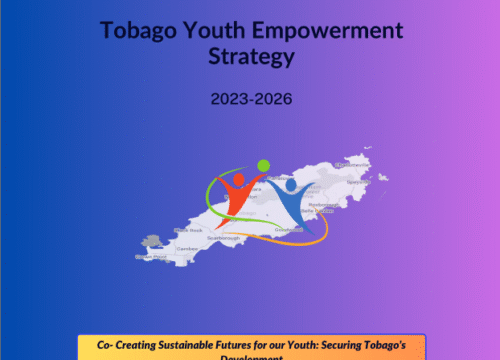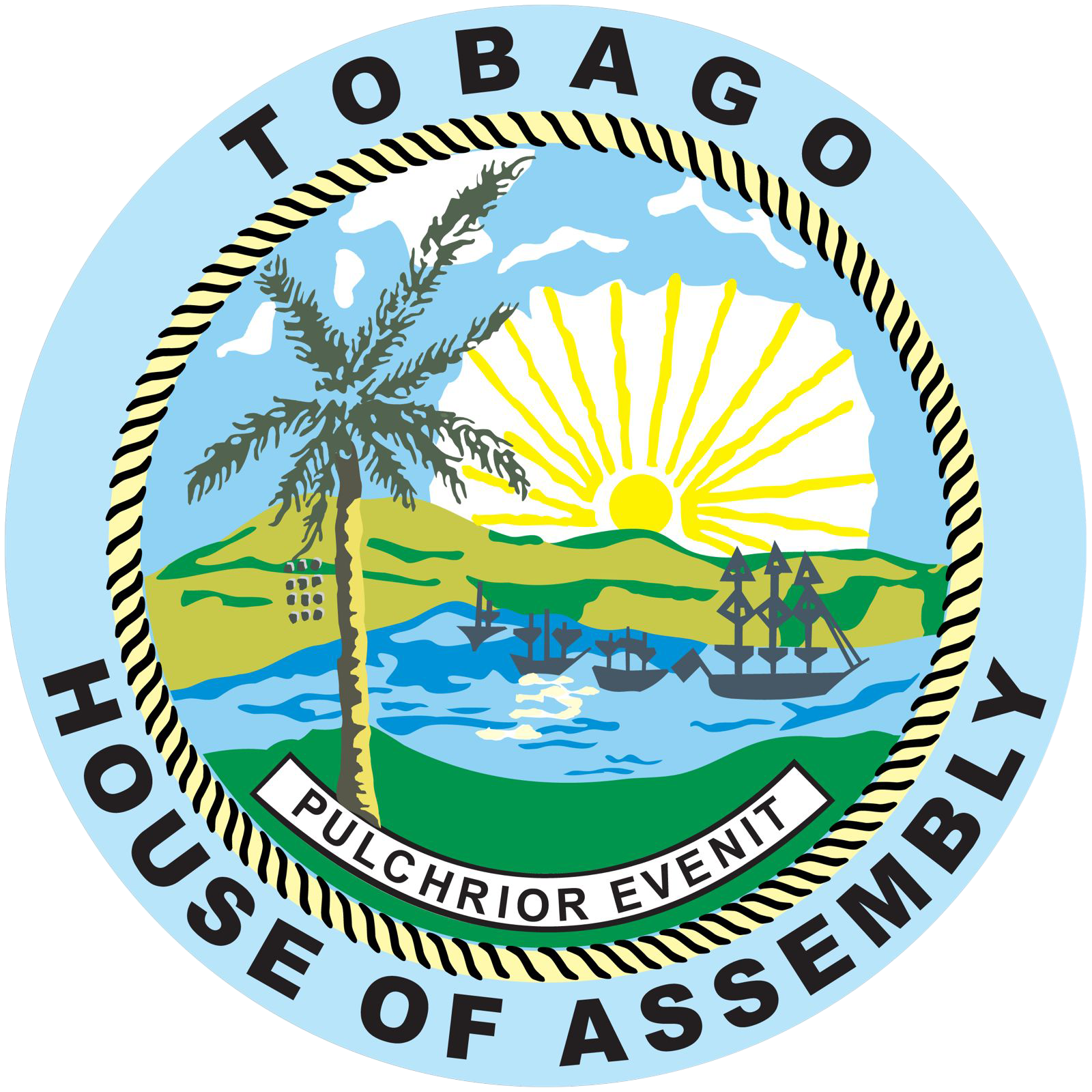Stage One : Pre-Planning
Decision Step 1: Identify Governance Principles: Definition and Practice
Why is decision step one important?
- Governance principles based on fundamental rights, freedoms, and institutional ideals are essential for determining the governance arrangements, including legislation and policies, that should guide planning decisions.
- However, planning decisions are not always based on fundamental governance principles that safeguard the rights and freedoms of citizens and residents.
- Even when governance principles are considered, they are often not clearly defined and, therefore, cannot be adequately incorporated into development planning practice.
- Governance principles are the foundation of effective decision-making, ensuring that those who govern operate with integrity and accountability.
- Governance principles also facilitate the establishment of trust among rights holders and stakeholders.
- Applying governance principles to decision-making processes would ensure that development outcomes reflect the wishes, aspirations, and ideals of the broader Tobago society.
- When diverse and multiple perspectives are involved in decision-making processes, policies, plans, and programs are more likely to align with the aspirations of all rights and interest holders.
- Ultimately, decisions emanating from diverse perspectives will lead to a more equitable distribution and use of state resources.
| Who should consider step 1? | When to consider step 1? |
|---|---|
|
|
Selected tools to implement step 1.
- See suggested tools in the implementing the principle subheading related to each principle below.
Key Decision Points
- Identify the appropriate values to consider in addressing any public problem.
- Review the institutional framework related to the problem under consideration, i.e., legislation, regulations, codes and principles of practice related to the issue.
- Apply the appropriate principles in all decision-making processes related to the planning solutions.
Summary of Main Considerations
Linking governance principles to development planning.
- Governance principles derive from a fundamental belief that government exists for the people and by the people's consent; and that the primary responsibility of government is the promotion and protection of the people’s rights and freedoms, including but not limited to:
- The right to life
- The right to ownership and enjoyment of property
- The right to a healthy and safe environment
- The right to the enjoyment of a decent quality of living; and
- The right to reasonable individual and collective choice and action, only in the interest of the common societal good.
- Therefore, in the execution of their compact with the people, the principals in government must carefully consider:
-
- How governance responses to public problems may influence the protection and promotion of the fundamental rights and freedoms of the people in a society.
- How governance principles promote fundamental rights and freedoms by guiding the engagement of all peoples in society to find solutions to public problems.
-
- Tobago's development will be guided by twelve (12) core governance principles. Together, these principles serve to safeguard the institutional integrity of the Tobago House of Assembly, ensuring that the public trust is upheld in the decision-making processes at all levels of government.
Below are the definitions of each principle, along with examples of how the principle can be implemented during the planning process.
Principle 1. Intentional leadership
- Defining the principle: Leadership at all levels of governance must be grounded in a shared set of clear ideals that guide political, social, cultural, and economic progress.
- Implementing the principle:
The THA will:
- Establish leadership compacts and mandates with all Tobagonians based on unambiguous political, social, cultural, and economic commitments.
- Ensure that responses to public problems are guided by clearly articulated policies, plans, programs, and achievable, measurable, and time-sensitive targets.
Principle 2. Participatory governance
- Defining the principle: Participatory governance is a process that involves citizens and residents who are actively and meaningfully engaged in decision-making processes that promote collaboration and inclusion.
- Implementing the principle:
The THA will:
- Ensure that diverse groups within society are involved in decision-making processes related to policy formulation and implementation, utilizing collaborative institutional and governance arrangements, such as Citizenship Councils and Co-administration Agreements.
- Ensure public engagement involves surveys, roundtable discussions, and working group discussions. The proceedings of these discussions will be documented and published as What-We-Heard Engagement Reports.
- Ensure that the information in What-We-Heard reports is used in developing and implementing policies, plans, programs, and projects.
Principle 3. Adaptive governance
- Defining the principle: Institutional and governance arrangements must evolve following sober and sensible consideration of solutions to public problems. These arrangements must address the needs and desires of communities in the face of emerging and complex public problems, changes in societal values and new ways of thinking and knowing.
- Implementing the principle:
The THA will:
- Develop an issue-specific adaptive governance framework, linking the susceptibility of natural systems and the vulnerability of social systems to the impacts and effects of changes related to natural and man-made phenomena, including guiding principles for implementing workable solutions. Solutions must identify multiple plausible alternative options.
Principle 4. Innovative governance
- Defining the principle: Innovative governance is driven by progressive but sensible ideals, new ideas, and flexible and inclusive institutional arrangements for decision-making that respond to social, economic, environmental, or institutional change.
- Implementing the principle:
The THA will:
- Develop and implement the Tobago Innovative Governance Framework to introduce new governance arrangements that improve planning and development, and public service delivery, and efficiency. This framework must harness and mainstream new ideas to guide the implementation of insights from lessons learned during the execution of development programs.
Principle 5. Resilience
- Defining the principle
Social and ecological systems or institutions should be able to adapt to change while retaining the ability to support their core functions or responsibilities.
- Implementing the principle:
The THA will:
- Use the checklist to ensure that policies take into consideration the fundamental rights and freedoms of Tobagonians, Tobago residents and visitors
Principle 6. Sustainability
- Defining the principle: All kinds and levels of development should focus on meeting the needs of the present without compromising the ability of future generations to meet their own needs.” (United Nations Brundtland Commission, 1987).
- Implementing the principle:
The THA will:
- Ensure that policies, plans and programs incorporate the recommendations for sustainable development, specifically "policy integration, intergenerational timeframe, analysis and assessment, coordination and institutions, local and regional governance, stakeholder participation, indicators and targets, and monitoring and evaluation."(Sustainable Development Strategies of OECD Countries).
Principle 7. Ambition
- Defining the principle. All Tobagonians and all Tobago residents will work together honestly and sincerely to achieve the "common societal good," i.e., the promotion and protection of rights, freedoms, and privileges, as well as the general welfare and well-being of all Tobago citizens, residents, and visitors, towards the establishment of a “just society.”
- Implementing the principle:
The THA will:
- Establish the Citizens and Residents Rights and Freedoms Roundtable and publish a Rights and Freedoms checklist.
- Use the checklist to ensure that policies take into consideration the fundamental rights and freedoms of Tobagonians, Tobago residents and visitors.
Principle 8. Benevolence
- Defining the principle: Executive decisions must always be guided by institutional arrangements that promote and protect the well-being and welfare of all people, particularly the most vulnerable in society, including seniors, children, individuals with disabilities, single mothers, single fathers, and at-risk youth.
- Implementing the principle:
The THA will:
- Establish the Tobago Social Safety Net (TSSN), including, for example, universal child benefits, universal health insurance, universal unemployment insurance, universal disability benefits, and a universal pension for seniors.
Principle 9. Ownership
- Defining the principle: Public policy should promote equitable access to and distribution of wealth.
- Implementing the principle:
The THA will:
- Establish clear equity principles and guidelines for the distribution and ownership of public assets, goods and or services.
Principle 10. Affordability
- Defining the principle: Public resources, goods and services should be accessible to all citizens at a reasonable price compared to the median or average household income. Where a household cannot afford such goods or services, the price should be subsidized to make them accessible.
- Implementing the principle:
The THA will:
- Establish affordability standards for a basket of goods and a basket of services at the household level, based on the household median income.
- Establish living wage standards.
- Establish corporate tax-free zones.
Principle 11. Gross national happiness
- Defining the principle: Public policy should promote equitable access to and distribution of wealth.
- Implementing the principle:
The THA will:
- Develop a Tobago Happiness Index (THI) and integrate happiness indices into the plans and programs of the THA’s divisions.
- Conduct an annual happiness survey for Tobago and publish the Tobago Annual Happiness Report.
Principle 12. Prosperity
- Defining the principle: All people have the opportunity to thrive by fulfilling their unique potential and contributing to the strengthening of their communities and nation. Prosperity is underpinned by an inclusive society, with a strong social contract that protects the fundamental liberties and security of every individual" (Legatum Institute, 2023).
- Implementing the principle:
The THA will:
- Incorporate prosperity indices, such as economic performance, social capital, environmental health, and overall well-being, into the plans and programs of the THA's divisions.
- Publish an annual prosperity report for Tobago.
- Incorporate the matrices of the Youth Development Indices, YDI, into plans and programs to “assess the state of young people across various domains including health and well-being, education, employment, and political participation.”








